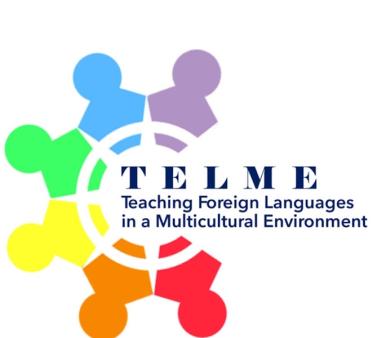Objectives
Drawing on work developed in the classical areas of psychology (general, social, differential, developmental, child, psychopathological and clinical), this training provides students with a general skills base and a solid knowledge of the discipline.
Students will become familiar with the main thematic and epistemological thinking in psychology and the discipline’s place in the history and in the latest theoretical and professional developments in its various schools of thought.
This Bachelor’s degree provides the basic training required for accessing the Psychology Master’s Degree as well as a potential platform for further studies for students from other professional fields.
Skills
General intellectual skills:
-
ability to adopt a viewpoint in the face of a well-founded argument
-
awareness of the social effects of communication in a professional environment
-
having a critical vision of the limitations of the knowledge acquired and assessing the quality of information drawn from a variety of sources
Disciplinary knowledge:
-
ability to recognize the main schools of thought (thematic and epistemological) that constitute the discipline both historically and in the present day
-
ability to search effectively for the information needed to understand a study, protocol or paradigm
Specific practical skills:
-
ability to analyse a complex situation,
-
ability to position oneself in a work environment and in a working group,
-
ability to communicate about one’s own work in a multi-professional environment.
Course Content
The degree uses blended learning, providing a mix of face-to-face as well as distance-learning sessions provided by SUP, the university’s professional teaching development department.
Face-to-face learning combines various forms of teaching. Most of the fundamental modules are delivered as lectures combined with tutorials (TDs) or practical work sessions (TPs).
In year 3 (L3), students benefit from individualized supervision for a research project. Course supplements are available online for almost all classes via the Cursus interface, which allows lecturers to upload documents (presentations, articles, etc.) and interact with students (forum, online assignments, etc.).
In the case of distance learning, most classes are transmitted to students in paper and electronic formats (enriched PDFs) and also put on line on Cursus. Some classes are delivered exclusively online as audio slide shows or filmed lessons. Corrected exercises are offered in some classes, where appropriate. Students can make frequent use of the forums and benefit from methodological tutoring by advanced students. They can also meet with lecturers (internships) on Friday afternoons and Saturdays.




